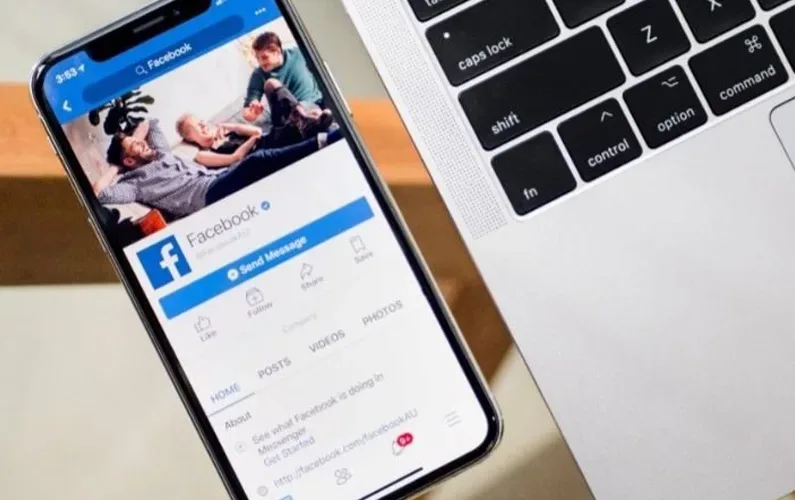Privacy, as we know, is a complex topic. When it converges with technology, it becomes more complicated.
One aspect of this complexity is where privacy fits in with disinformation—false or misleading information spread intentionally to confuse or manipulate people. Disinformation is also called bad information, “weaponized information” and “fake news”.
Disinformation is different from misinformation—false or misleading information spread unwittingly—but the two together have eroded trust in information to the point we’re in an “information crisis”. (The WHO characterizes the spread of mis and disinformation and the mistrust in information about COVID-19 as an “infodemic”.)
Since our remit is protecting information privacy, we were interested to hear how Julia Angwin, award-winning investigative journalist, editor-in-chief of The Markup and author of Dragnet Nation, linked privacy to disinformation in a recent podcast with Aspen Digital‘s Executive Director Vivian Schiller. The episode is part of the Aspen Institute’s Aspen Digital’s Disinfo Discussions, an initiative of the Institute’s new Commissioner of Information Disorder exploring disinformation and misinformation in the information crisis.
Angwin links privacy to disinformation in two ways
1. Lack of privacy generates disinformation
Angwin says relentless data surveillance has forced individuals to protect their privacy by engaging in some degree of information obfuscation: “You can’t avoid being seen, so you change how you’re being seen. This is disinformation.”
When Angwin wrote her landmark book, Dragnet Nation, she tried all the ways she could to escape what she calls “dragnet surveillance”. She says: “I wasn’t trying to evade the FBI; I was just trying to get out of indiscriminate tracking that is everywhere. I did all sorts of things like getting a burner phone and fake identities and different types of accounts, and what I found was that I was really engaging in quite a bit of disinformation.”
“The world of relentless surveillance has actually forced individuals to try to protect their privacy through misdirection and obfuscation. This is literally a coping technique for a world of relentless surveillance … the world of surveillance creates a need and a requirement for everyone to engage in a bit of disinformation,” she said.
Angwin says this has set the standard for a level of disinformation we haven’t seen before.
2. Lack of privacy subjects people to disinformation
Angwin says digital technology has allowed the creation of propaganda (a form of disinformation) on a mass scale. Where once the purview of governments, she says propaganda has become an industry and vulnerable communities are most at risk from the disinformation it spreads.
“The industry needs to know who to distribute propaganda to—and that’s where the data exploitation market comes in. You can find vulnerable people because you can buy lists of them. When people used to send junk mail, these lists were called ‘sucker lists.’ These were people who are going to fall for your scam. Now, of course, you can buy any kind of sucker list on Facebook or Instagram.” And “any kind” is right. These lists can now be granularly targeted by various factors including a person’s political and religious leanings, household income, age, location and more.
Angwin believes propaganda weaponizes disinformation and lies “because they can be sent directly to the people who are most vulnerable to receive them. News is being filtered and tailored to people.”
She points out that Facebook sells “sucker lists” via its ads, for example. Users can buy ads targeted to certain people, based behavioural data.
“We are served information that they believe might be attractive to us. There are millions of people who might be susceptible to dis and misinformation,” Angwin says.
What’s the fix?
Asked whether it’s possible to individually control this tracking and data exploitation, Angwin says no. “Honestly as an individual you have very little control because we need to use these technologies to participate in daily life. Ultimately your ability to decline participation in the data exploitation market is pretty minimal. Most you can do is minimize around the margin but not opt out entirely.” (We’d recommend you use MySudo.)
Angwin says most platforms are only offering “an illusion of control” over our personal data. “You go into some sort of privacy menu, and you can turn all these knobs and dials. The studies have shown that the more knobs and dials there are, the more you feel you’re in control and the more willing you are to accept privacy violations. So they offer you these very confusing settings, and you move them around and you think, ‘Oh, I’ve really solved this.’ The truth is, not really, you haven’t.”
She concedes some platforms are getting more aggressive at turning off tracking, and cites Apple in this, but says often platforms are simply swapping one form of tracking for another.
As such, Angwin believes there aren’t remedies, so much as considerations. She implores people to think about “whether the benefits of microtargeting really outweigh the risks”.
“The idea of categorizing all human behavior and then allowing commercial interests to use those to target individuals: Are the risks to society higher than the benefits to advertisers?” she asks.
Listen to the full podcast episode, ‘Privacy in the Age of Disinformation’.
You can mitigate the risks to your personal privacy and your exposure to disinformation by using MySudo app, and you can rapidly produce branded cybersecurity solutions for your customers to do the same through our complete privacy toolkit, Anonyome Platform.
Photo by Timothy Hales Bennett on Unsplash



